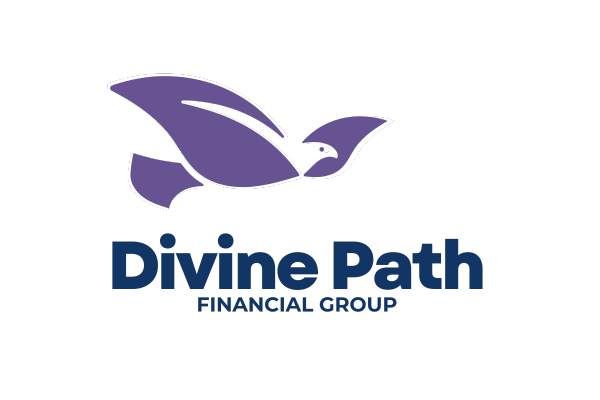Estimated reading time: 3 minutes
With the cost of college soaring, many parents find themselves struggling to balance saving for tuition and protecting their financial futures. The average cost of attending a four-year university continues to rise, leaving families overwhelmed by how to pay for education without sacrificing their retirement. By understanding key financial strategies like Indexed Universal Life (IUL) policies, family banking, and leveraging FAFSA, you can secure your child’s education while building generational wealth. Here’s how to navigate these challenges and create a plan that works for both your family and your future.
Understanding the Rising Cost of College and Financial Need
With college costs climbing to over $27,000 annually for public universities and surpassing $55,000 for private institutions, it’s critical to plan early. Colleges calculate Financial Need using this formula:
Cost of Attendance (COA) – Student Aid Index (SAI) = Financial Need
This determines how much financial aid a student may be eligible for. Families must be mindful of this calculation as they plan for tuition and other expenses.
Planning Early with IUL and Family Banking
One of the best strategies to prepare for future education costs is Indexed Universal Life (IUL) policies. With tax-free growth and flexible withdrawal options, IULs provide a powerful tool for covering tuition without penalties, even if your child doesn’t attend college. Additionally, establishing a family bank gives you the flexibility to borrow money on your own terms, ensuring your wealth remains within the family and grows over time.
FAFSA: Tips and Insights
Applying for federal financial aid via FAFSA can significantly reduce your out-of-pocket costs. Follow these FAFSA tips to maximize aid:
- File Early: Submit your application as soon as possible after October 1.
- Avoid Overreporting Assets: Retirement accounts like 401(k)s are excluded from FAFSA calculations, so be strategic in what you report.
- Leverage Work-Study and Institutional Aid: Some colleges provide additional aid directly to students through work-study programs and grants.
What’s Included and Excluded from FAFSA Calculations
Included: Parental income, non-retirement assets, student income
Excluded: Retirement accounts (401(k), IRA), home equity, life insurance policies
Why IUL and Family Banking Are Superior to 529 Plans
While 529 plans offer tax-deferred growth, they come with restrictions. Withdrawals for non-education-related expenses are penalized with taxes and fees. In contrast, IUL policies and family banking provide flexibility for funding not only education but also other significant life expenses like starting a business or purchasing a home. Furthermore, 529 plans count as assets on the FAFSA, which can lower your financial aid eligibility. IULs, however, are excluded from these calculations, preserving more aid for your family.
Protecting Your Retirement While Planning for College
A common mistake parents make is pulling from their retirement accounts to pay for their children’s education. This can have long-term consequences for your financial stability. Divine Path Financial Group emphasizes strategies that allow you to cover education costs without jeopardizing your retirement. Our plans ensure that your financial future stays intact while also securing funds for your child’s education.
Action Steps
- Start Early: Open an IUL policy or start family banking as soon as possible to let compounding interest work in your favor.
- File FAFSA: Complete FAFSA early, even if you think you won’t qualify for aid.
- Maximize Savings: Use strategies that keep your assets FAFSA-friendly, avoiding reductions in aid eligibility.
Conclusion
With a solid financial strategy, you can secure your child’s education without sacrificing your financial future. At Divine Path Financial Group, we’re here to help families like yours build generational wealth and prepare for the rising cost of education. Contact us today to begin planning for a tax-free retirement and a secure future for your children.





